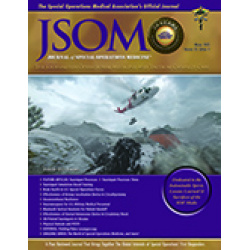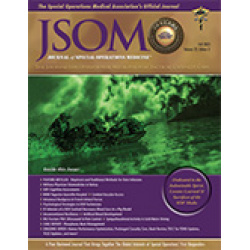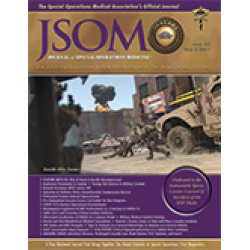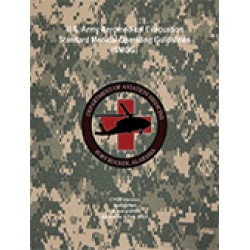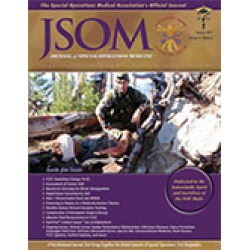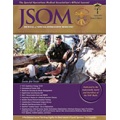Latest Products
A Prospective Randomized Controlled Two-Arm Clinical Study Evaluating the Efficacy of a Bioelectric Dressing System for Blister Management in US Army Ranger Recruits
Housler GJ, Cross S, Marcel V, Kennedy DO, Husband M, Register A, Roberts T, Grubbs S, Dudewicz D, Setka n, Bay C, Wendelken ME, Izadjoo MJ 17(2). 49 - 58 (Journal Article)
This study focused on a clinically relevant healthcare problem in the military: acute soft tissue wounds, or blisters. The trial was a prospective, controlled, randomized two-arm study evaluating the efficacy of a bioelectric dressing, Procellera®, applied topically two to three times per week for 2 weeks to blisters developed in Ranger trainees during training at Fort Benning, Georgia. A total of 80 US Army Ranger recruits with blister wounds below the knee were randomly assigned to one of two treatment groups (n = 40/group). The primary goal was to assess the clinical efficacy (rate of healing) of administered Procellera in conjunction with the standard-of-care (SOC) treatment, moleskin and Tegaderm ®, on the healing rate of blisters compared with the SOC treatment alone. The secondary end points for efficacy were the quantities of wound fluid biomarkers and bacterial bioburden. The tertiary end point was assessment of pain in the treatment group compared with that of the control group during the 2-week study. The results showed no statistical difference between the SOC and SOC+Procellera groups in wound healing and pain. Wound fluid was reported for 24 participants (64.9%) in the SOC group and 21 participants (56.8%) in SOC+Procellera group at the baseline measurement (ρ = .475); however, the wounds were devoid of fluid on follow-up visits. The mild nature of the wounds in this study was apparent by the low pain scores at the beginning of the study, which disappeared by the follow-up visits. The average wound sizes were 2.2cm2 and 1.5cm2 for the SOC and SOC+Procellera groups, respectively. This trial protocol should be conducted on open softtissue wounds in severe heat. To our knowledge, this is the first clinical study conducted within the US Army Rangers training doctrine.


 Español
Español 